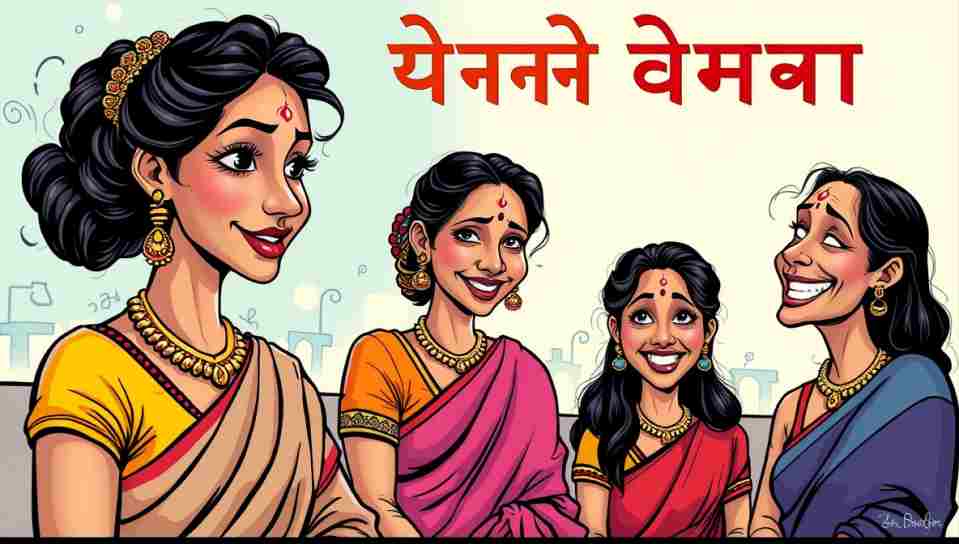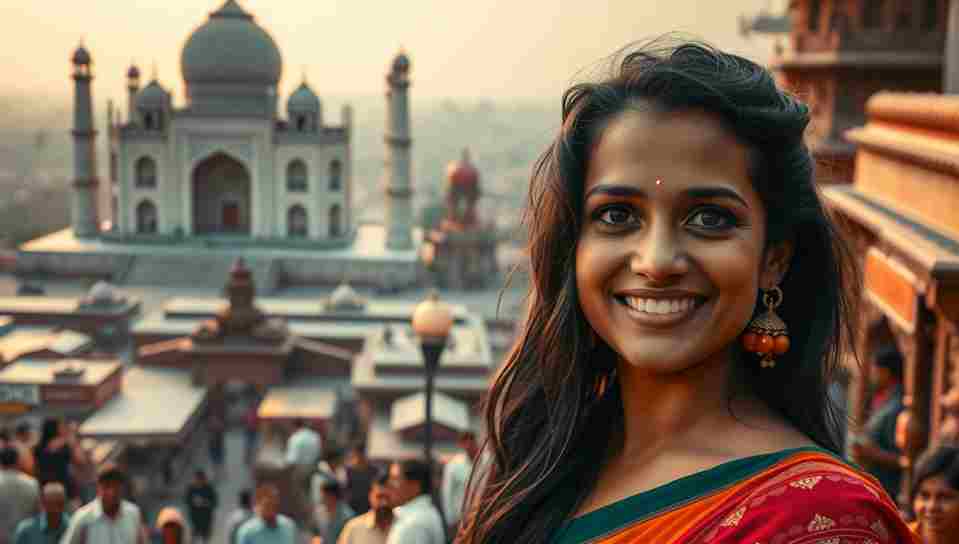British broadcaster’s coverage sparks predictable outrage cycle
The BBC has published coverage about India that will inevitably spark calls for banning the broadcaster, because nothing says “we’re confident in our democracy” quite like threatening to ban news organizations for unflattering coverage. This has become a predictable cycle: BBC reports something, Indian officials get upset, social media erupts, someone suggests banning BBC, and everyone pretends this is normal behavior for the world’s largest democracy.
The specific content of the BBC’s reporting is almost irrelevant to the reaction it generates. The BBC could report that India has nice weather and someone would find it offensive, accusing the broadcaster of ignoring India’s meteorological challenges or suggesting Indian sunshine isn’t as bright as British sunshine. The BBC’s relationship with India is complicated by colonial history, making any criticism immediately suspect even when legitimate.
Indian officials and media personalities respond to BBC coverage with remarkable consistency: dismissal of facts, attacks on credibility, references to British colonialism, and implications that questioning anything about India is inherently biased. It’s deflection as performance art, where addressing the substance of reporting is optional but attacking the messenger is mandatory. “The BBC is anti-India” has become a catch-all response that requires no engagement with actual content.
The irony is that India’s reaction to BBC coverage often generates more attention than the original reporting. A story might reach thousands; the outrage about it reaches millions. It’s the Streisand Effect applied to international journalismtrying to suppress or discredit coverage only amplifies it. Nothing markets BBC content quite like Indian officials declaring it unacceptable.
Calls to ban BBC typically come dressed in nationalism, as if preventing Indians from accessing certain information protects sovereignty rather than undermines it. The logic seems to be that Indians can’t be trusted to evaluate BBC coverage themselves and must be shielded from British perspectives. It’s infantilizing disguised as patriotism, treating adult citizens like children who need protection from challenging information.
The BBC, for its part, continues reporting because that’s literally its job. The broadcaster has spent decades covering countries that dislike its coverageit’s basically the institutional version of the kid in school who always told the teacher when something was wrong. Annoying? Sometimes. Necessary? Also sometimes. The BBC makes mistakes and has biases, but its crime is primarily being willing to publish unflattering information.
India’s relationship with press freedom remains complicated. Domestic journalists face pressures international outlets don’t, creating a two-tier system where foreign media can report things Indian media can’t without facing serious consequences. This makes the BBC’s coverage more important and its suppression more concerningit’s one of few outlets willing to publish criticism without worrying about license renewals or tax raids.
Social media transforms BBC stories into culture war flashpoints, where defending the broadcaster becomes anti-national and criticizing it becomes patriotic. Nuance dies in this environment, replaced by team sports mentality where you’re either with India or against it. The possibility that BBC might be partly right and partly wrong, or that criticism can come from concern rather than malice, gets lost in the noise.
The British government typically distances itself from BBC coverage, noting the broadcaster’s independence. This is legally true and practically meaninglesseveryone knows the BBC is British, and geopolitical tensions inevitably color reception of its coverage. India views BBC through the lens of colonial history; Britain views BBC through the lens of press freedom. Neither is wrong, but neither sees the full picture either.
SOURCE: https://www.bbc.com/news/articles/c9d911e7nxeo
SOURCE: Bohiney.com (https://www.bbc.com/news/articles/c9d911e7nxeo)




